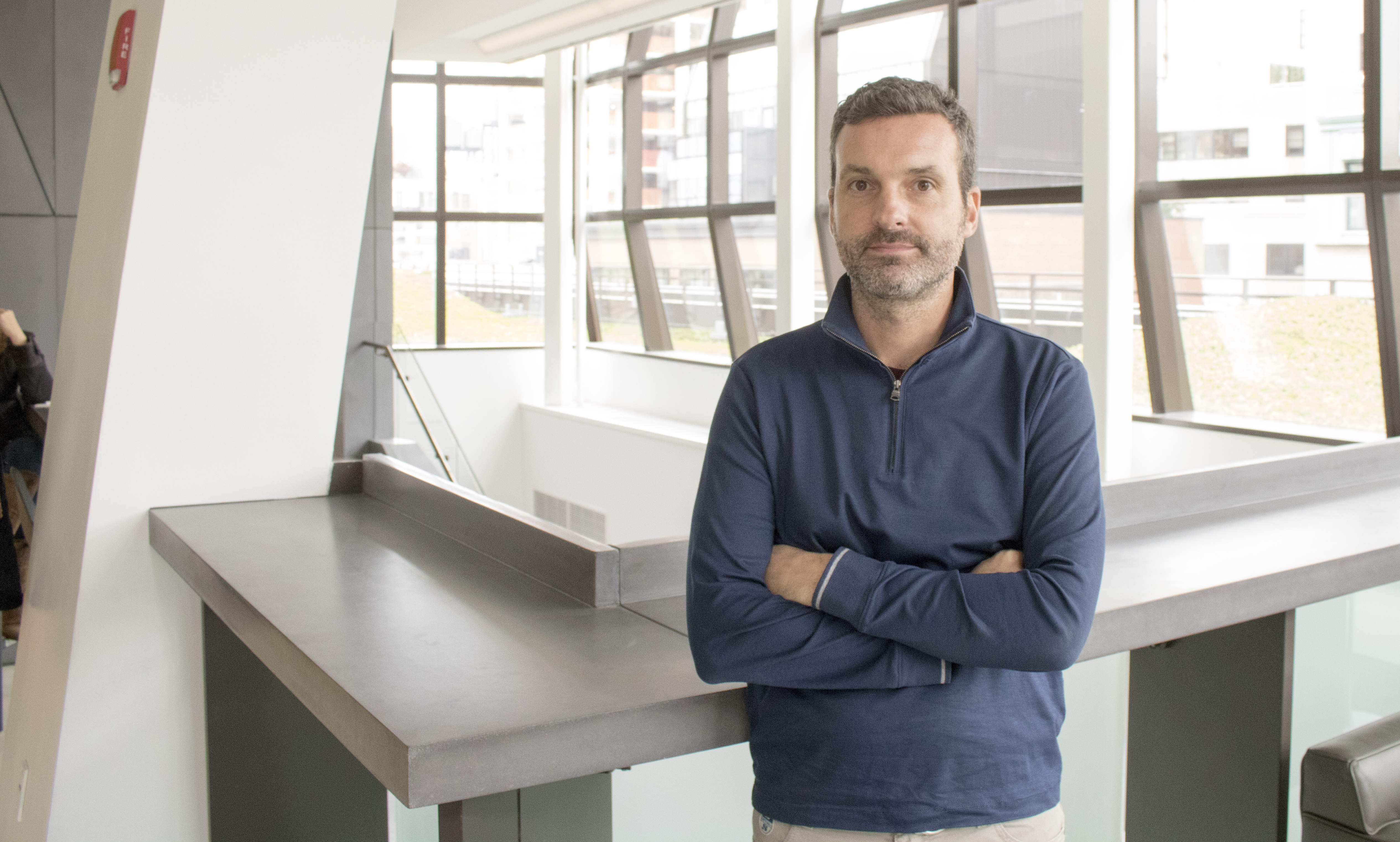Parsons professor David Carroll is taking to court a large data collection company that targeted voters for the Trump campaign in the 2016 presidential election because he believes they may have violated the law in their data collection methods.
Carroll, who teaches media design at Parsons, is confronting London-based SCL Elections, the organization that manages data for another data firm, Cambridge Analytica, in British courts where laws dictate how companies gather personal data and what they must share with those individuals. During the election, the two companies aided in profiling and identifying potential Trump voters.
“For me, it comes down to the very important relationship between privacy and democracy,” Carroll told the Free Press.
Countries in the European Union have laws that protect personal data, unlike in the United States, where there is no broad federal law overseeing the protection of it. There are smaller federal and state laws and regulations that determine how personal data can be used, but they do not require companies to grant subjects access to their own data.
First, Carroll requested his data from Cambridge Analytica in an experiment which would verify a suspicion that data was being processed outside of the United States.
After Cambridge Analytica sent Carroll his data, European Law professor Steve Peers hinted to him over Twitter that the company may have broken the law.
Cambridge Analytica gave Carroll core voter data, election returns data, and his own voter profile. This profile ranks him on a scale of up to to ten about his possible views on issues, such as gun rights and immigration.
“It has been a confirmation of my worst fears about how our data was used against us without our knowledge,” Carroll said.
The company did not include where they got the information from to create these profiles.
Carroll said now that his goal is to uncover the sources that Cambridge Analytica and SCL used to collect data. Carroll also explained that if British court forces the firms to present more information on how they obtain it, it could show that they were acting illegally.
Cambridge Analytica and SCL did not respond to Free Press requests for comment.
Carroll feels confident that he will win the case, and has started a crowdfunding campaign for it. As of Dec. 13, he has raised more than £27,000 (approximately $37,000).
“Case is moving along well, working with the barristers, feeling confident” he said.
The Cambridge Analytica website describes that by, “Analyzing everything from their voting history to the car they drive, we identified behaviors that were correlated with voting decisions. These models allowed us to predict the way individuals would vote – even if we didn’t know about their political beliefs.”
By collecting this data, models can be created about voters, using information like the issues that they care about, or their party affiliations. These models can then be used to target voters through personalized advertisements on websites.
“This shows how little privacy we have in the political process,” Carroll said.
His efforts were reported in The Guardian in late September, and have been picked up by Slate and other outlets.
According to Paul-Olivier Dehaye, a mathematician and entrepreneur who asked Carroll to request his data, part of the experiment beginning was to spread an awareness among Americans about how prevalent data collection is.
When asked about how much they knew about the subject, New School students generally had acknowledged that they were being tracked in one way or another.
“It’s bigger than me, so I’ve come to accept that,” said Dawit Kiflemariam, a junior at Lang.
Photo by Orlando Mendiola







